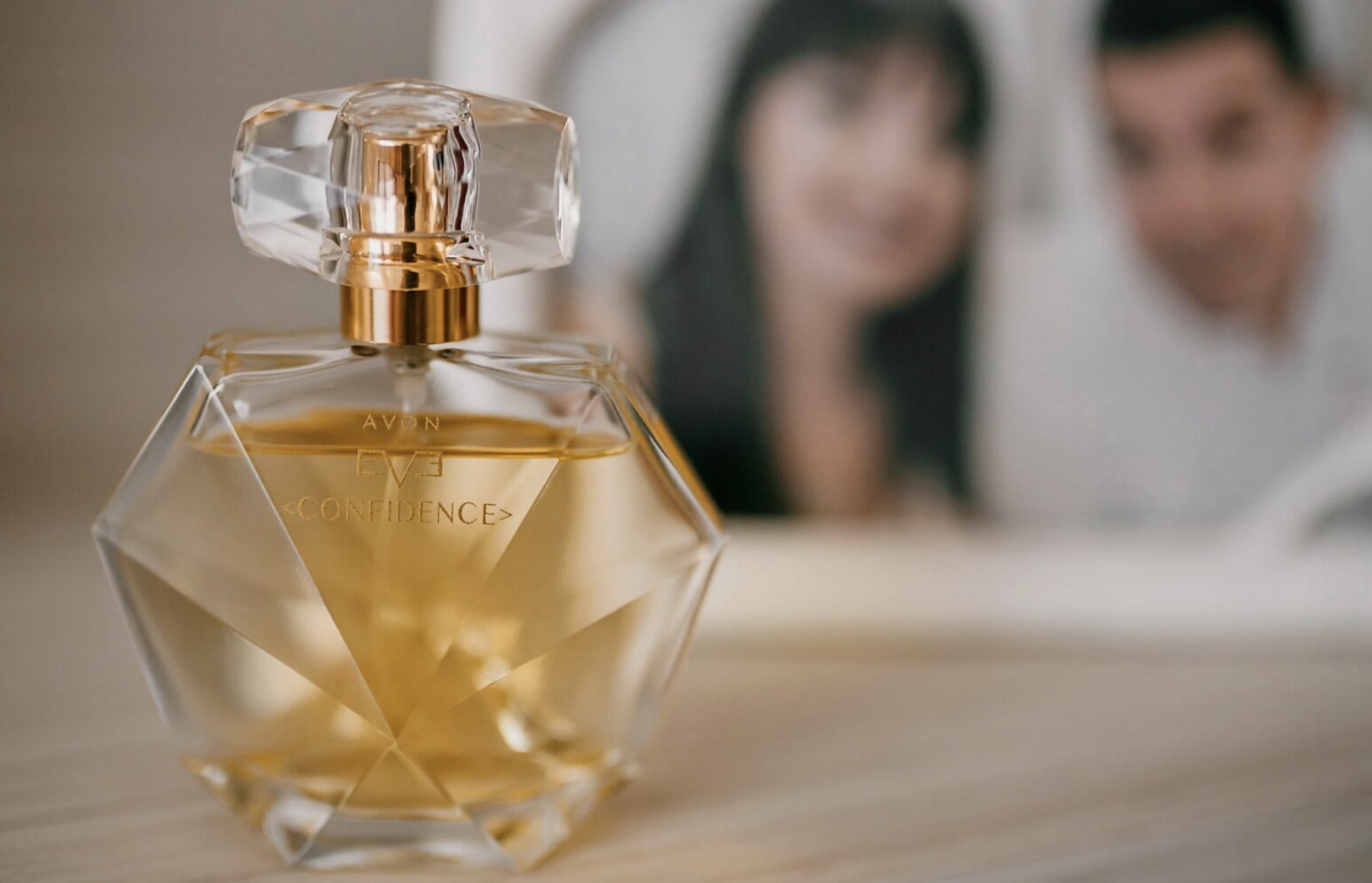Did you know that in 2003, archaeologists discovered the oldest known perfume?
They found what is believed to be the oldest surviving perfumery in Pyrgos, Cyprus, with the perfumes dating back more than 4,000 years ago. The 3,230 sq. ft. “factory” contained at least 60 stills, mixing bowls, funnels, and perfume bottles.
Fun fact, in 2018 Greek National Archaeological Museum recreated an ancient perfume known as “Rodo” (Rose) for a special anniversary show called “Countless Aspects of Beauty,” which gave visitors the opportunity to step back in time through their sense of smell.
What does this history lesson have to do with how many times you should be applying your sweet perfumes throughout the day? Well, I’ll tell you.
Originally, perfumes were used as a way to mask body odor. Daily bathing is a luxury that we may sometimes take for granted. Even nobility didn’t bathe every day, and perfume was used to provide a layer of cleanliness to the upper class.
And, of course, wearing perfumes were used for courtship.
While today we also use perfumes and colognes to please the senses of our prospective partners (and add an extra layer of smelly-goodness to our day), modern plumbing and hygiene practices have allowed perfume to be an added accessory, not a necessity to being in public.
But, days are long, and that squirt of perfume in the morning before work might not last you throughout the day.
On the other hand, dousing yourself in fragrance might not be the best bet either (especially if you or your officemate suffers from fragrance-induced allergies that trigger headaches and nausea).
Let’s explore the factors to consider.
Chapter Overview
How concentrated is your perfume?
Are you using products containing high-quality ingredients? Or are you using a product made with lower-quality ingredients? This does play a role – if you’re using a perfume made with natural ingredients and potent fragrances, your scent will last longer. If you’re using a dollar-store brand body spray, chances are the scent won’t linger long after you leave your home. Also, watch out for toxic chemicals often found in lower-quality fragrances.
Spray it, don’t rub it.
You know the urge you get when you spritz your favorite perfume on your wrist – you feel yourself immediately start to rub your two wrists together, somehow feeling like you’ll make the effects of your sweet perfume work better. But, that process doesn’t have the intended results. According to perfume expert Francis Kurkdjian, rubbing your wrists together heats up the skin, which then “creates natural enzymes that change the course of the scent.”
“With a floral, for example, [heat] warms up everything, ultimately [causing it] to lose its crispness,” he told Vogue.
If you’re a rubber, chances are you look to apply perfume multiple times throughout the day. If you do that, try to quit the habit and see how you’ll only need to reapply 1 to 2 times throughout the day.
Pulse points are key.
Anywhere you can locate your pulse is a great place to apply perfume: behind your ears, wrists, inner elbows, and chest. This allows your body to distribute the fragrance throughout the day naturally.
Apply to freshly lotioned skin; avoid spraying your perfume directly on dry skin (or clothing).
Another way to increase the lasting effect of your perfume is to use a non-scented lotion before application. This helps because it will seep into the lotion and eventually your skin. Fragrances don’t last as long when applied to dry skin. You can also (lightly) spray perfume on your hair in the morning, which moves with the air and helps diffuse the scent.
Pay attention to where you keep your perfumes and why you shouldn’t throw away the box.
While not a living and breathing organism, perfume is very sensitive to changes within the environment. The art of making perfume is a legitimate science, with people dedicating their life to crafting the right balance for their products. Because of this, perfume doesn’t do well going from cold to hot, with experts explaining that shifts in temperature can trigger chemical reactions within the natural ingredients, which causes perfumes to age faster.
Additionally, storing the bottle within its original box helps keep it at room temperature (ideally, 70 degrees Fahrenheit).
The smaller bottle, the fresher the scent.
Perfume is meant to be used. It’s intended to be enjoyed by the wearer and those around them! When you have larger bottles of perfume that stay on your shelf for months (let’s be honest, years), oxygen begins to slowly break down the scent’s molecules which changes its structure.
It’s recommended that you only purchase large bottles (6.8 milliliters) of perfume that you wear daily, reapplying 1 to 2 times as needed. But for those special occasion fragrances, stick to smaller bottles (up to 2.4 milliliters) to increase the shelf life of your product.
So, how many times should you be reapplying your perfume? 1 to 2 times a day seems to be the sweet spot.

